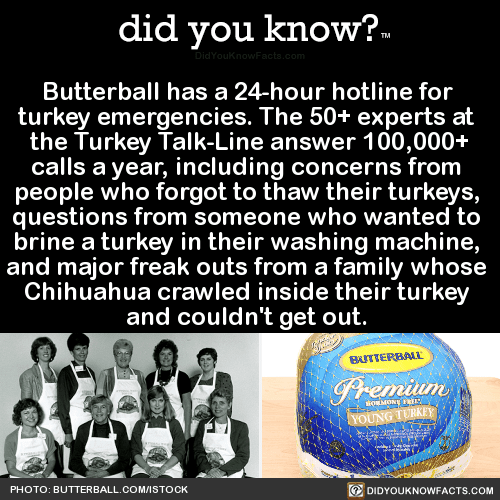The Economist recently proclaimed, “Long summer holidays are bad for children, especially the poor.”
This was not the first time such a claim had been made about how kids lose much of what they’ve learned over the year during breaks from school.
Lawmakers, too, are concerned. Each year, bills introduced at the state level attempt to funnel money into summer education programs.

Photo Credit: Pixabay
Yet, reports from research groups such as the Brookings Institute show more nuanced findings as it relates to summertime learning loss among children.
So, do kids suffer educationally from long summer breaks?
Researcher Abel J. Koury used current and nationally representative data to determine if there truly is a loss of learning during the summer in school children.

Photo Credit: Pexels
Koury estimates only 7 percent of kids lost approximately a month of learning in reading and 9 percent of kids lost in math between kindergarten and first grade. Before second grade, the percentages increase to 15 percent in reading and 18 percent in math. The majority of kids in summertime do not seem to be experiencing any loss of learning. Koury also suggests that not only are kids not experiencing significant learning loss, they are actually increasing their skills over the summer.
Koury also looked into whether loss of learning became a long-term issue, and he determined that the difference between children who experienced summertime loss of learning and children who gained skills was insignificant by the end of the school year.
![]()
Photo Credit: Max Pixel
Kids who were already strong in either reading or math were the ones who experienced the most significant loss in learning. Furthermore, homework over the summer did not seem to be a factor in whether kids gained or lost learning.
Koury concluded that letting children get outside and play was more important than worrying about their loss of learning. Summer reading lists are great and can be helpful against loss in that area, but keeping kids active and exercising should be a priority for healthy, happy and intelligent children in the long run.
The post Do Kids Lose What They Learn over Long Summer Breaks? appeared first on UberFacts.















 MBTI High School Stereotypes
MBTI High School Stereotypes
 Also, somebody asked about doing a face reveal. Maybe at 1000 followers? . . . . #mbti #meme #mbtimemes #myersbriggs #16personalities #entp #estp #enfp #esfp #entj #estj #esfj #enfj #intp #istp #infp #isfp #intj #istj #isfj #infj
Also, somebody asked about doing a face reveal. Maybe at 1000 followers? . . . . #mbti #meme #mbtimemes #myersbriggs #16personalities #entp #estp #enfp #esfp #entj #estj #esfj #enfj #intp #istp #infp #isfp #intj #istj #isfj #infj
 • • • #swissmeringuebuttercream #vanillacupcakes #homemade #madefromscratch #homemadecupcakes #swissbuttercream #piping #pipingskills #pipingtechniques #buttercreamflowers #buttercream #flowercupcakes #buttercreamroses #smoothbuttercream #baking #stressbaking #stressrelief
• • • #swissmeringuebuttercream #vanillacupcakes #homemade #madefromscratch #homemadecupcakes #swissbuttercream #piping #pipingskills #pipingtechniques #buttercreamflowers #buttercream #flowercupcakes #buttercreamroses #smoothbuttercream #baking #stressbaking #stressrelief









 Okay so I nabbed me a younger man, I said it….I am slightly OLDER than Chris #cougar
Okay so I nabbed me a younger man, I said it….I am slightly OLDER than Chris #cougar 
 BUT I am…
BUT I am…


